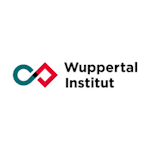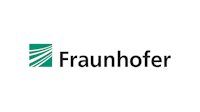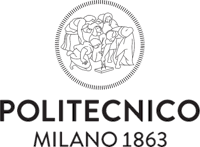FULFILL
EU H2020 FULFILL - Decarbonizzazione fondamentale attraverso la sufficienza mediante cambiamenti nello stile di vita
- Deutsch
- English
- Italiano
- Project duration: -
- Project status: ongoing
- Funding: Societal Challenge (Horizon 2020 /EU funding /Project)
- Total project budget: 3.210.085,00 €
- Website: https://cordis.europa.eu/project/id/101003656/it
- Institute: Istituto per le energie rinnovabili
The proposed project FULFILL takes up the concept of sufficiency to study the contribution of lifestyle changes and citizen engagement in decarbonising Europe and fulfilling the goals of the Paris Agreement. FULFILL understands the application of the sufficiency principle as creating the social, infrastructural and regulatory conditions for changing individual and collective practices in a way that reduces energy demand, greenhouse gas emissions and simultaneously contributes to societal wellbeing. FULFILL’s consortium consists of research institutes, academia, think-tanks and NGOs who have developed an inter-transdisciplinary research concept that engages in a dialogue between social science and humanities (SSH) as well as technoeconomic energy and climate studies, i.e. prospective studies. The project starts with developing a conceptual framework on lifestyle change towards sufficiency and the identification of most promising areas from prospective studies. The project's core is intensive empirical fieldwork in five EU countries and one outside combining qualitative and quantitative methods from SSH to deliver findings across diverse cultural, political and economic conditions. Hereby FULFILL provides in-depth analysis of sufficiency lifestyles, their intended and unintended consequences (incl. rebound & spillover effects), enablers and barriers (incl. incentives and existing structures) as well as impacts (incl. on health & gender) on the micro (individual & household) and meso (community & municipal) level. Building on this, FULFILL evaluates the potential for upscaling and develops a systemic impact assessment (macro level) which includes also indicators beyond GDP. Finally, FULFILL delivers effective communication approaches and policy recommendations validated by citizen science activities. By its dissemination and exploitation strategy, the project targets policy makers to inform the preparation of NECPs and NDCs.







